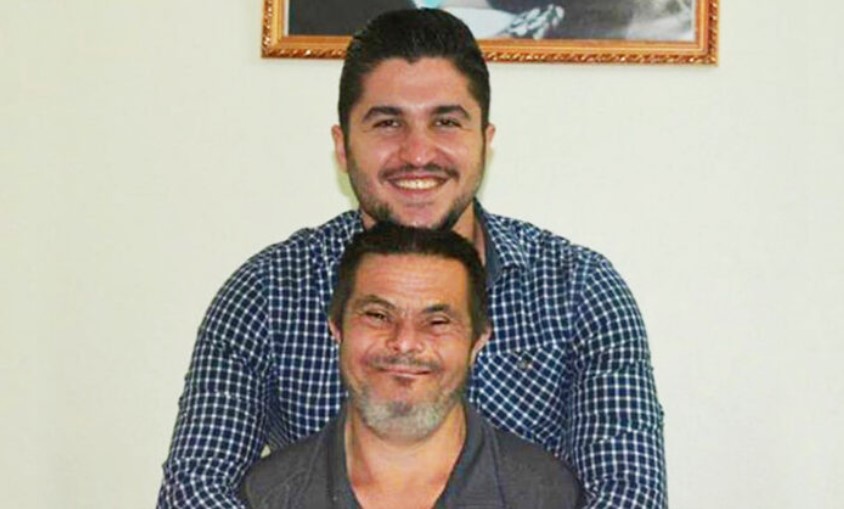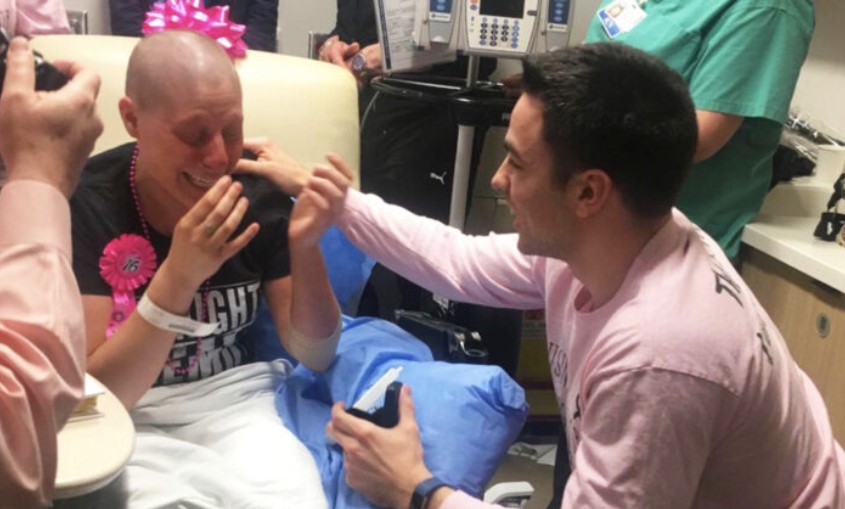When it comes to finding ourselves while journeying through life, it’s important to take the time to explore and get to know who we are. Knowing our values, strengths, and interests can help us understand what truly makes us happy. This is key in order to find out what direction we want our lives to go.
Self-reflection is essential for this process of discovering ourselves, which involves constantly learning and growing. By taking the time for self-discovery, you can gain clarity on your passions and what you want to pursue in life. It’s never an easy path, but finding yourself allows for exciting possibilities as we continue on our journey!
Life is full of unexpected events, some of which can take us on an unfamiliar path. These moments can lead us to start losing ourselves, our sense of identity, and our purpose. In such situations, it is important to remember that the journey to finding yourself is an ongoing process of exploring different paths and experiences. Each encounter provides the opportunity to gain more insight into who you are and what makes you happy.
It’s important to remain open-minded while discovering yourself, as well as flexible in order to adapt to new circumstances. By taking one step at a time and allowing yourself to explore different possibilities, you will be able to find your way back home, no matter where your journey may take you.
Here are 10 signs you’re losing yourself
You start feeling like a stranger to yourself
When you start to feel like a stranger to yourself, it is often because of outside influences that have caused you to change in some way. These changes can be sudden or gradual, depending on how long you have been exposed to the influence. When this happens, it can cause you to question your own beliefs and values as well as who you are and what you want out of life. This feeling can lead to feelings of doubt, anxiety, disconnection from your emotions, and an overall feeling of being out of control which in turn can negatively impact your relationships with others.
You often find yourself doing things that you would never do normally
You often find yourself doing things that you would never do normally because of changes in your environment or habits. These changes can be subtle but can lead to drastic differences in your behavior and actions. It is important to take note when this happens and to reflect on what might have changed. This could include identifying a new habit, adjustment to a different environment, or even changes in relationships or people around you that may be influencing your behavior. Taking the time to recognize these shifts in yourself can help you make conscious decisions about the directions your life takes.
You become dissatisfied with your everyday life and activities
You become dissatisfied with your everyday life and activities when you feel disconnected from the things that used to bring you joy and pleasure. This can come from not having enough time for yourself or feeling overwhelmed with work and obligations. It can also arise because of changes in relationships, a shift in priorities, or a lack of opportunities or vision for the future. Taking time to reflect on what matters most to you, making space to pursue your passions, and staying connected to your inner self can help you cultivate satisfaction in daily living.
You feel disconnected from your inner self, emotions, and needs
You feel disconnected from your inner self, emotions, and needs when you become overwhelmed with life’s demands or lose sight of the importance of self-care. This can lead to feelings of loneliness, emptiness, and dissatisfaction. Connecting back to your inner self requires active effort such as engaging in mindfulness practice, being creative or taking up an activity, setting aside time for reflection, or developing a spiritual practice. With a conscious effort, you can begin to recognize and honor your needs and feelings—allowing them to guide and inform how you live your life.
Your relationships with friends and family suffer as you become less of a priority to yourself.
Your relationships with friends and family can suffer as you become less of a priority to yourself. When we are not adequately taking care of ourselves, it is difficult to show up fully for the people in our lives. We may be quick to judge and lack patience, or be too overwhelmed with our own needs to make time for others. Self-care is essential because it allows us to nurture meaningful relationships and make quality connections. Reinvesting energy in ourselves helps ensure that we can give from a place of fullness and love others from a place of abundance.
Your sense of identity is fading and you’re not sure who you are anymore
Your sense of identity can start to fade when it feels like your daily life and work don’t reflect your true self. As we go about our daily routines, it’s easy to forget what is important to us and our sense of purpose. To reconnect with who you are, take the time to explore your values, passions, and interests. Create new experiences that bring joy or challenge you in some way, in order to rediscover or create an identity that feels true to yourself. This may require stepping out of your comfort zone and taking risks—but ultimately will help you live a more meaningful life with a clearer sense of purpose.
Anxiety has become a constant companion, making it difficult to enjoy the present moment or make plans for the future
Anxiety can become a constant companion and make it tough to enjoy the present moment or plan for the future. The anxious thoughts can feel overwhelming and may render us immobilized, unable to move forward. But when we take the time and effort to face our anxiety head-on, we can learn how to manage and respond differently. We can create plenty of self-care habits that may help us reduce this overwhelming feeling on a regular basis, like taking walks outdoors, trying yoga, learning relaxation techniques, and more. By making an effort to take care of ourselves, we will learn to live with our anxiety more effectively and be more aware of what is happening in the present moment.
Taking small decisions can help you to move past the helplessness and self-doubt that make it hard to find purpose and direction in life
Making even the smallest decisions can be overwhelming and bring with it a sense of helplessness and doubt in one’s own purpose or direction in life. Taking small steps, however, can help us to move past these feelings and find clarity and focus. By making decisions that have an immediate impact on our lives, we are able to gain confidence in ourselves and see that we have the power to make meaningful changes when facing difficulties. These small steps can ultimately lead to larger accomplishments – both personally and professionally – as we become more aware of our capabilities and potential for development.
Guilt and shame can eclipse our values and make it difficult to find peace even in the comfort of close friends or family
Our sense of self can quickly become distorted when our values are buried beneath a mountain of guilt and shame. Even after seeking solace from close friends or family members, these oppressive emotions can seem insurmountable and remain, blocking our capacity to live according to what we truly value. In order to regain control of our lives and find happiness, we must make an effort to confront the guilt and shame that keeps us feeling helpless and hopeless. By facing our pain head-on, rather than running away from it, we can begin to break free from these heavy chains which bind us.
You start deflecting compliments that could provide affirmation of your worth as an individual
Seeking affirmation from others is a healthy and necessary part of feeling valued and respected. Unfortunately, for some, avoiding compliments or deflecting them can become a habit in order to avoid feeling vulnerable. This ultimately results in a cycle of constantly denying our own worth, further pushing us into a state of self-doubt and questioning our own capabilities. By taking the time to accept compliments and allowing ourselves to bask in their validation, we can counteract this negative pattern and open ourselves up to finding joy in who we are and what we have achieved.
Final thought
We must take our mental health seriously, and if we begin to see signs that our true self is getting lost in a cloud of guilt or shame, it is essential to act right away. Letting these feelings fester can cause serious damage both emotionally and mentally, leading to further self-destructive behavior such as withdrawing from loved ones or turning to unhealthy coping mechanisms. By recognizing the initial warning signs, we can put measures in place that will allow us to tackle the issue directly before it spirals out of control.








